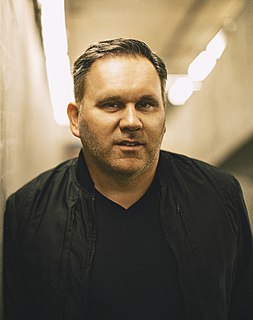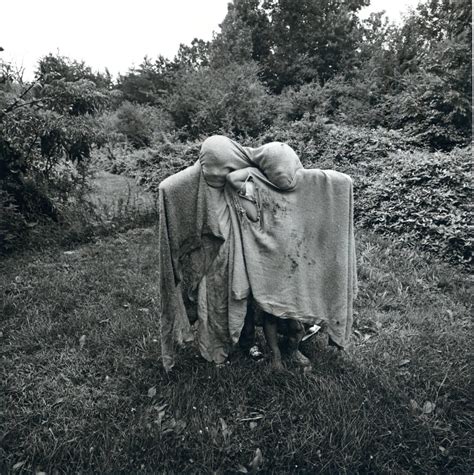A Quote by Paula Rinehart
Letting ourselves be loved by God is the place where we stumble upon trust.
Related Quotes
The fact that God accepts us should be our motivation for accepting ourselves. If we cannot accept ourselves the way we are, with our limitations and assets, weaknesses as well as strengths, shortcomings as well as abilities; then we cannot trust anyone else to accept us the way we are. We will always be putting on a front, building a facade around ourselves, never letting people know what we are really like deep down inside.
This may sound like heresy, but it is the greatest truth! It is more difficult to let God love us, than to love Him! The best way to love Him in return is to open our hearts and let Him love us. Let Him draw close to us and feel Him close to us. This is really very difficult: letting ourselves be loved by Him. And that is perhaps what we need to ask today in the Mass: 'Lord, I want to love You, but teach me the difficult science, the difficult habit of letting myself be loved by You, to feel You close and feel Your tenderness ! May the Lord give us this grace.
Trusting God means transferring our confidence and hope from ourselves to him, acknowledging that we have no ability in ourselves to live in a way that pleases him. Only he can change us by the power of his Spirit in us. This trust is manifested in a context of obedience in our lives to the biblical mandates God calls us to pursue. Training means acting upon that trust by doing things that help us rely upon God more and live out his desire for us.
I love to say that not only is the throne room of God a place of reverence, it's always a place of refuge. So when everything else in life seems to be shifting, or breaking and shaking apart, there's a place that is always stable, safe, and constant. When we draw near to God in worship, and approach His throne, we tap into that. It's a very re-assuring place, where we're reminded that there's a God on His throne, and even when we don't understand everything, we can trust it to Him.
In conclusion, the submission of one's will is really the only uniquely personal thing we have to place on God's altar. The many other things we 'give,' brothers and sisters, are actually the things He has already given or loaned to us. However, when you and I finally submit ourselves, by letting our individual wills be swallowed up in God's will, then we are really giving something to Him! It is the only possession which is truly ours to give!
Of course, this is one of the really important things about art, that you can make more than you can understand at the moment the thing is being made. But the gap between what we recognize inside ourselves - our feelings- and our ability to trust ourselves and to trust exposing ourselves to those ideas, can be great.
We are not called on to believe this or that doctrine which may be proposed to us till we can do so from honest conviction. But we are called on to trust--to trust ourselves to God, being sure that He will lead us right--to keep close to Him--and to trust the promises which He whispers through our conscience; this we can do, and we ought to do.
In contrast we let go of existence, meaning, and the sublime as categories to describe the object “God.” Instead these become ways in which we engage with the world. Yet, as we affirm the world in love, we indirectly sense that in letting go of God we have, in fact, found ourselves at the very threshold of God.
































